(Original title: Intelligent speaker outbreak countdown artificial intelligence is about to be commercialized?)
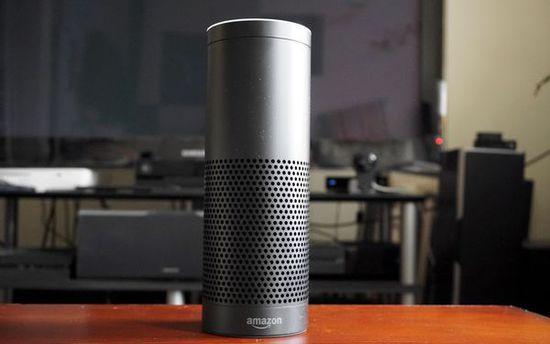
This is one of the "battlefields" of BAT in the second half of the year.
At the end of 2014, Amazon quietly released Echo on the official website, but it was estimated that even Amazon itself did not expect that this strange speaker that looks "simple and simple" could actually sell more than 8 million units in the future, not only directly to Amazon. Brought nearly $1 billion in revenue, even after the Kindle became another consumer-approved terminal.
The technology trend represented by Echo is not “hiddenâ€: the analysis of the concept of intelligent voice technology, new interactive methods, and new service interfaces has been written hundreds of times. But on the other side, it is a naked reality - China, which has always closely followed the global consumer electronics market, has "fall behind" in the specific commercialization of smart voice.
Fortunately, "backwardness" does not mean that it is missed. On the contrary, because it is "backward," the entire industry has accumulated a very powerful force and may erupt at any time. In other words, 2017 is likely to become the most rare "golden development period" in the Chinese smart speaker market.
In two weeks, BAT all entered the battlefield.
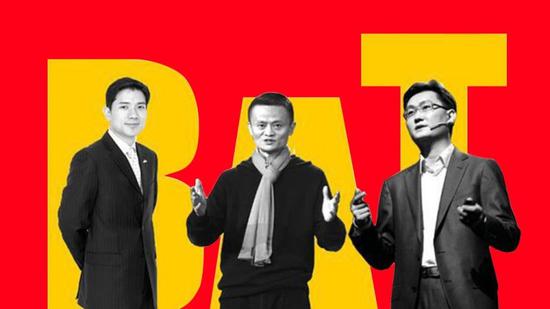
Although this is no longer a battle for BAT in the same field, but in the two weeks let the three giants enter the "battlefield" at the same time, the charm of smart voice is indeed great. The first one was Tencent. At the Tencent Cloud Summit two weeks ago, Tencent Cloud released a new intelligent voice product, Tencent Cloud Micro.
Xiaowei mainly includes three open platforms: a hardware open platform that can access the hardware through the SDK; a Skill open platform that includes Tencent's various free content and application resources; and a small microservice that allows the machine to continuously learn and make decisions. Machine platform.
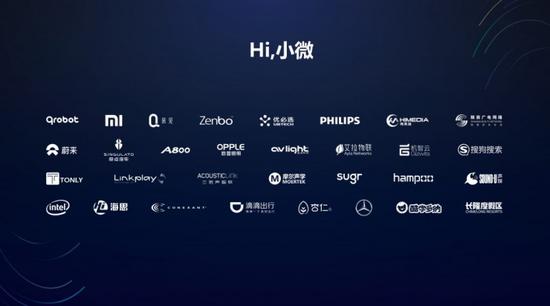
Interestingly, in the official data, Tencent also mentioned his own advantage, all of Xiao Mi's capabilities come from the WeChat AI team. The latter actually added voice recognition, speech input with semantic analysis technology, voice transfer, and other functions to WeChat.
"BA" is even more understanding, and the release of its own smart speaker products is set on July 5, which is yesterday.
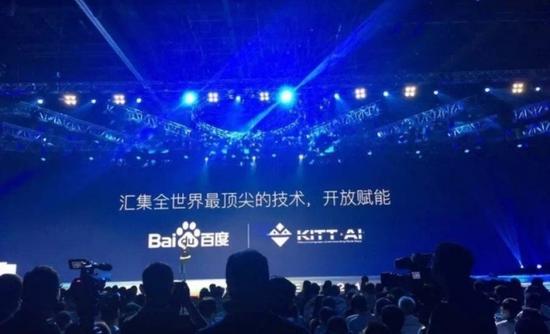
In the Baidu “Creat 2017†AI Developer Conference yesterday morning, the updated DuerOS became the most important release link. Baidu at this conference also resorted to generous - joint several speaker production, voice interactive technology provider, for other third-party product manufacturers, developers to provide integrated hardware and software solutions.
Baidu also announced the acquisition of KITT.AI on the site of the developer conference. The latter has accumulated a good amount of technology related to intelligent speech, such as "warm word detection (awakening)" and "smart voice dialogue." But at the same time, Baidu did not intend to “swallow†these advanced technologies. Instead, it integrated its speech and natural language skills into the platform and opened it to its partners for free. Officials called it “enablementâ€.
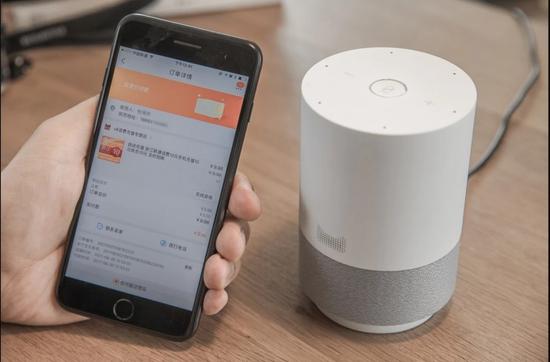
After a short lunch break, Ali finally joined the "last" and they released slightly different "Tmall Elf X1" smart speakers. It's worth mentioning a bit that there are insiders who have reported to Lei Feng: "Ali's smart speaker is actually a solution from Si Bichi." But the hardware itself may not be the most important feature of Tmall Genie X1. Or is it that Ali has already achieved the voiceprint recognition and the payment link on it.
This is also consistent with the industry's expectations for Ali to enter the smart speaker: Ali's smart speaker's biggest challenge, while the biggest advantage is shopping. Ali, who is relying on e-commerce to build a huge empire, can't possibly not do shopping, but the service itself is put on the voice to perform challenges. Smart speakers with displays like the Echo Show may be more suitable for such tasks, but such products Also need to continue to wait.
For the new trend of BAT, the Rokid smart speaker responsible for Humane also received an interview with Lei Feng network:
The fact that BAT's marching into smart speakers is not a threat to us. Rather, it is an opportunity. We are very much looking forward to their next service port opening in this area.
In this regard, Li Haibo, the Vice President of Himalayan, has similar views:
Although we have built our own speakers, we will also open our own services. Other smart speaker products can also call our audio content resources. Because we are concerned about the time spent by a single user in the Himalayas. â€
Early detonation of the English speech market
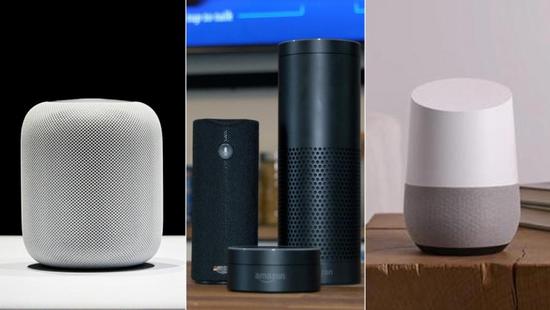
Earlier, Statista, a US market research company, had done relevant statistics. In 2016, the US smart home market had sales of 9.7 billion U.S. dollars, while China had only 520 million U.S. dollars. The growth in popularity is even more striking, with the United States at 5.8% and China at only 0.1%.
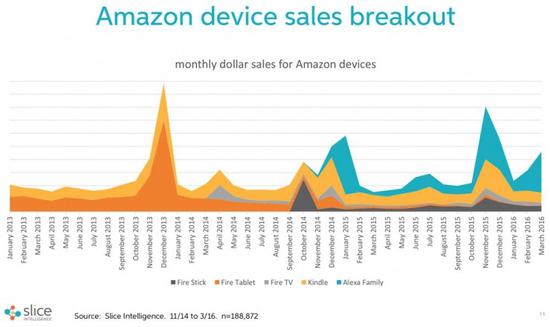
Amazon’s official hardware product sales figures from foreign research institutes
However, due to the relationship across the ocean, many people have questioned Amazon Echo's “exaggerated†sales data. Lei Fengnet also asked a domestic smart speaker manufacturer:
Last year, Amazon Echo smart speaker sales effect is indeed good, in the country its total production just over 8 million units, of which the early Echo and simplified version of Echo Dot is almost half. The first place in domestic sales may be only 1/100 of it.
The current Echo and Echo Dot are priced at 179/49 US dollars, just 8 million devices will already be able to bring 1 billion US dollars of revenue to Amazon, which is not even after the use of audio service orders, online Secondary spending such as shopping.
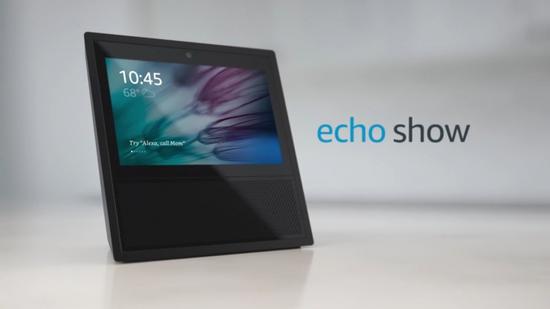
In principle, the representative product of the smart speaker, Alexa behind Amazon Echo, and its predecessor Siri actually belong to the intelligent voice technology. The core is very simple - to make the machine have human capabilities in the voice dialogue.
Although voice dialogue is one of the most common actions that humans do on weekdays, its difficulty cannot be ignored. From the conversion of speech to text, the utterance of machine speech, and the contextual understanding of multi-sentence speech, these links have not been able to make progress without artificial intelligence.
The carrier is another factor, although Siri, who has basic dialogue skills, landed on the phone 6 years ago. However, the main operation of smart phones is still stuck on the touch and display, so people do not often use this feature, or even think of it when they accidentally press the Home button.

In contrast, the ability to voice interaction is independent and can only be echoed by Echo. Then "cut off" the possibility of the user returning to the touch operation, which makes people finally begin to face the intelligent voice interaction itself.
Another key point is Amazon's deep understanding of the voice interaction scene - although voice interaction is good, but it is not applicable in a noisy environment in public places. The smart speaker should become the general existence of small household appliances and infiltrate people's daily life space. To this end, Li Zhifei also briefed Lei Feng on the relevant research he had done in the United States:
We have interviewed a large number of users of Amazon Echo and Google Home. We also conducted in-depth research on the demand for smart homes in the United States and the needs of Chinese users for smart homes. In the United States, because the smart home ecology is relatively complete, users have a particularly strong demand for smart speakers that can easily control homes. In fact, the Chinese people also have such needs.
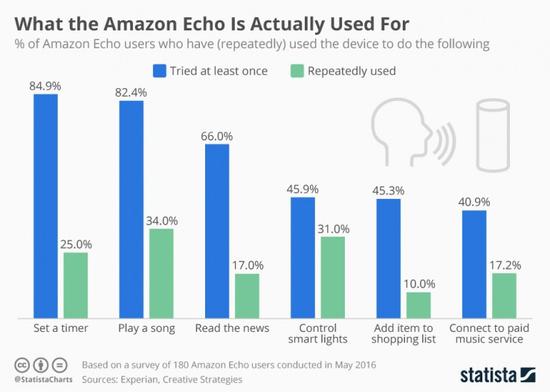
Echo user usage statistics by Statista, a foreign consulting company
At this point, people finally feel the "differentiation" of intelligent speech technology as a whole, or to the extent that they have "allowed users to pay and do not regret" at the experience level.
The question has come. Smart speakers are so hot in foreign countries. Why hasn't China developed yet?
"Lagging behind" the obvious Chinese market
Although across the Pacific Ocean, China has never had a big "out of touch" before the 3C consumer electronics market. Smart speakers are a rare example. A domestic smart speaker practitioner passed Lei Feng network (public number: Lei Feng network) through a bottom:
The current domestic production and sales volume of smart speakers are still between 1000 and 10,000. The best selling is still the jealousy of Jingdong, but the actual number is still far less than Echo. The largest quantity is the poor smart speaker products produced by many small manufacturers, and there are 2 sentences in 10 sentences of that product that respond well.
So what causes this phenomenon? The difference in the technical foundation for building smart speakers should be the main reason. Asked about this, CEO Li Zhifei said to Lei Fengwang:
If you just make a demo version of the smart speaker is not a threshold, but if you do a good user experience, cost-effective smart speaker is a high threshold.
For example, products need to be iteratively perfected to ensure a stable network connection; for example, a beautiful speaker needs to run through the design repeatedly; for example, voice interaction requires a good sound collection effect, and the speaker itself will sound and wake the smart speaker in the far field. At that time, it is necessary to eliminate the sound of the speaker itself; even when the volume is high, the vibration will affect the sound collection, so the distance between the sound cavity and the microphone needs to be considered.
Li Haibo, the Vice President of Himalayan, expressed similar views in an interview with Lei Fengnet:
We also spent a lot of time building our own smart speakers. In order to be able to use it normally, the hardware part has been fine-tuned for 40 days. It takes a long time for the speaker to understand the human instruction. It takes more than 400 days. This is still a case where the application scenario is highly centralized.
This also reflects the "splinter development" problem in the smart speaker market from another perspective: Simple-looking smart speakers want to truly realize everyday voice interactions, and in fact are all technical problems. It is also these difficulties that have made the development of China's intelligent voice market sluggish, and the one with the greatest impact is the machine's understanding of Chinese, which is what we commonly call NLP.
To illustrate how hard the Chinese NLP is on smart speakers, Li Haibo gave Lei Feng an example:
We have once counted that a simple 'next song' is expressed in Chinese and there are more than 60 ways, and this still does not take into account the differences in dialects.
This has also become a real and practical barrier for smart speakers, and it is also why many people are happy about BAT being able to join this battle. All three hands have a large amount of data for machine learning, as well as ample staffing. Resources support this repeated debugging process.
On another level, there are actually many people and companies in China that have taken the first step in the exploration of intelligent speech, but they are often limited to a few fragmented issues, just like Baidu’s acquisition of KITT.AI. Using its relatively strong financial income from other business lines to integrate social capabilities, these capabilities are in turn packaged to consumers. This is also what BAT is familiar with and is good at.
Summary: Artificial Intelligence "commercialization"
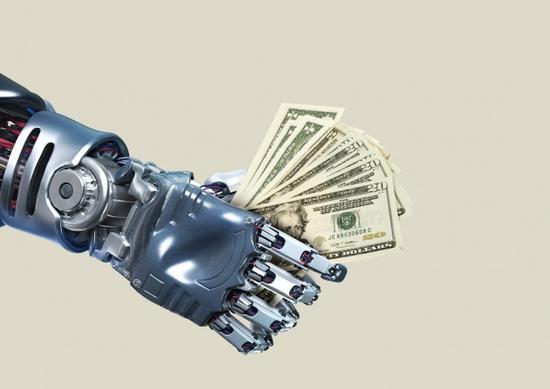
There have been countless kinds of technologies and inventions in human history. When will people take them seriously? A: As long as they can bring substantial benefits to humanity.
This rule is also applicable to artificial intelligence technology. As Ma had said publicly before, “AlphaGo wins, So TM What?†Although this sounds extreme, from the perspective of actual human influence, AlphaGo does not Leave a deep enough mark.
On the contrary, the seemingly inconspicuous smart speaker may actually achieve this goal.
Baidu talks about open source and Tencent's content system and Ali wants to create new consumer portals. Although the new BAT has different directional strategies, one thing is certain. They will not miss the goal of first commercializing artificial intelligence. . The best proof of this is where three smart speakers are released. : Baidu AI developer conference, Tencent "cloud + future" technology summit, Ali AI Labs artificial intelligence laboratory announced.
Leaving aside the ultimate question of who can be the ultimate winner in the BAT, which is still unclear, the three big moves to artificially bet on artificial intelligence are all too clear. The BAT who ruled China’s “Internet†era has fully realized the trends and changes that artificial intelligence will bring, and will enter this battlefield “in a tacit understanding†at the same time.
In the short term, content services around smart voice, music and voice are still the main route. The market competition for smart speakers will then begin to focus on differentiation among the various players. Tencent, with more users and scene resources, may have certain advantages. However, Ali’s e-commerce advantage still needs to face the issue of how to transform. As for Baidu, it is necessary to look at the progress of related open source projects.
Of course, this is just the beginning, and the good news of artificial intelligence is still behind.
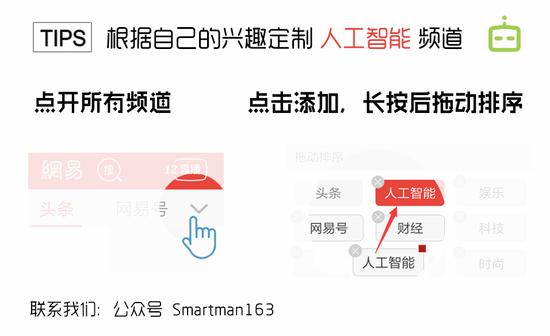
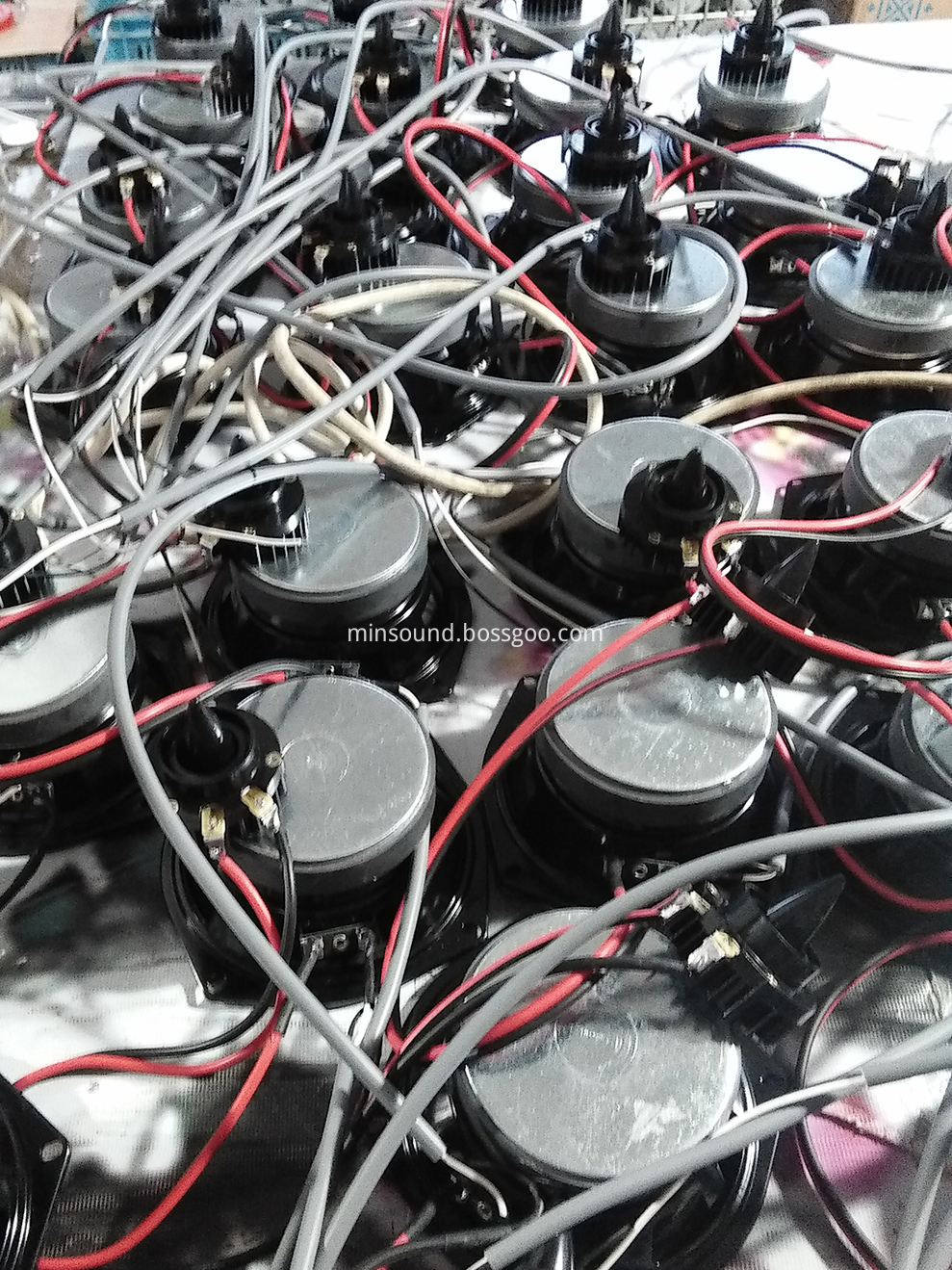
Our company specializes in production and R&D of various products including tweeter, alarm loudspeaker, horn loudspeaker, high power Driver Unit , etc. In recent years, our company has developed and manufactured many kinds of products such as air defense warning loudspeaker, flood control and warning loudspeaker, police vehicle-mounted loudspeaker, public address system etc.
Pa Speakers Accessories,Replacement Diaphragm,Diaphragm (acoustics) ,speaker diaphragm,voice coil diaphragm
Taixing Minsheng Electronic Co.,Ltd. , https://www.ms-speakers.com